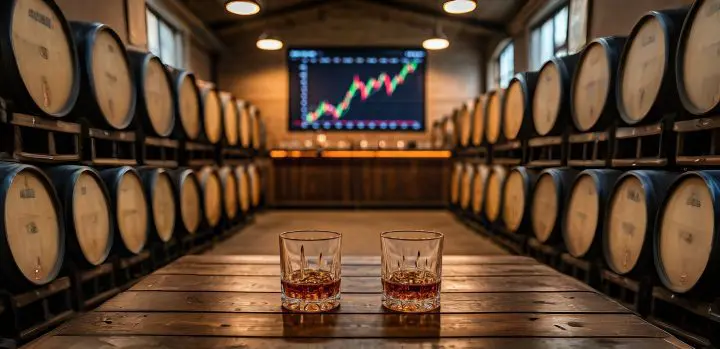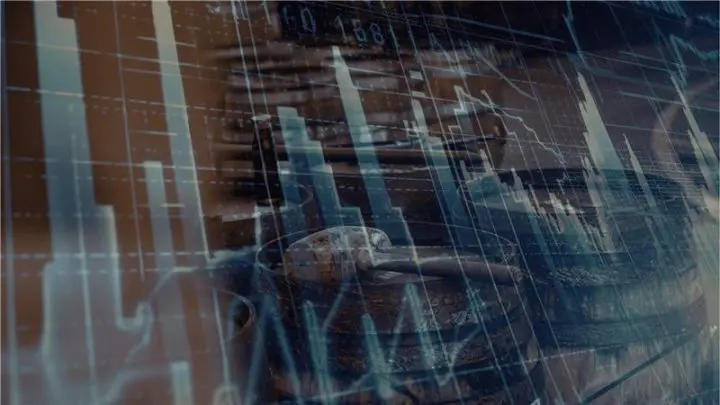
Why do whisk(e)y casks increase in value?
There are various factors that determine whether a whiskey cask will increase in value over time, the main ones being: Age, brand and rarity.
Generally, whiskey becomes more valuable as it ages. The longer the whiskey is aged in the cask, the more time it has to develop a rich and nuanced flavour profile. As a result, older casks are generally more valuable and sought after by whiskey enthusiasts. Furthermore, while the whiskey ages in its cask, it represents a cost to the distiller. The distillery usually won’t earn an income until it’s bottled and sold, and financial pressures will generally necessitate the sale of these spirits after just a few years to cover their overheads. Therefore, only a small proportion of a distillery’s output will be able to mature into the finest premium spirit. These mature casks become increasingly scarce, and the rarity can help to increase their value over time.
Limited edition or small production releases are often more desirable and valuable due to their unique characteristics and limited availability. Similarly, casks from a particular distillery or region may be rarer and more valuable.
Brand is also an important factor, as not all single malts are created equal. A premium cask carries with it the heritage of a luxury brand and the provenance of production by a master distiller, while a mass-produced cask simply contains spirit to be bottled for mass production. There’s an accepted industry hierarchy, and when purchasing this can have a significant influence on your cask’s potential future value. Likewise, the type of wood used to make the cask is also a crucial factor in determining its value. Different types of wood, such as American oak or European oak, can impart different flavours and aromas to the whiskey. Additionally, casks that have been used to age other types of alcohol, such as Bourbon, Sherry, Pedro Ximenez, Tawny Port, or Oloroso can also add unique and desirable characteristics to the final product, as well as other unique casks such as rum or red wine which can add a lot of flavour and value.
The quality of the whiskey in the cask can impact its value. If the resulting whiskey is of exceptional quality, it may increase the value of the cask and lead to higher potential returns for clients. It is therefore important to know which distilleries to buy from in order to increase your cask’s future potential value. The best way to ensure this is to work with a company who know the industry well and have extensive knowledge of the liquid itself.

